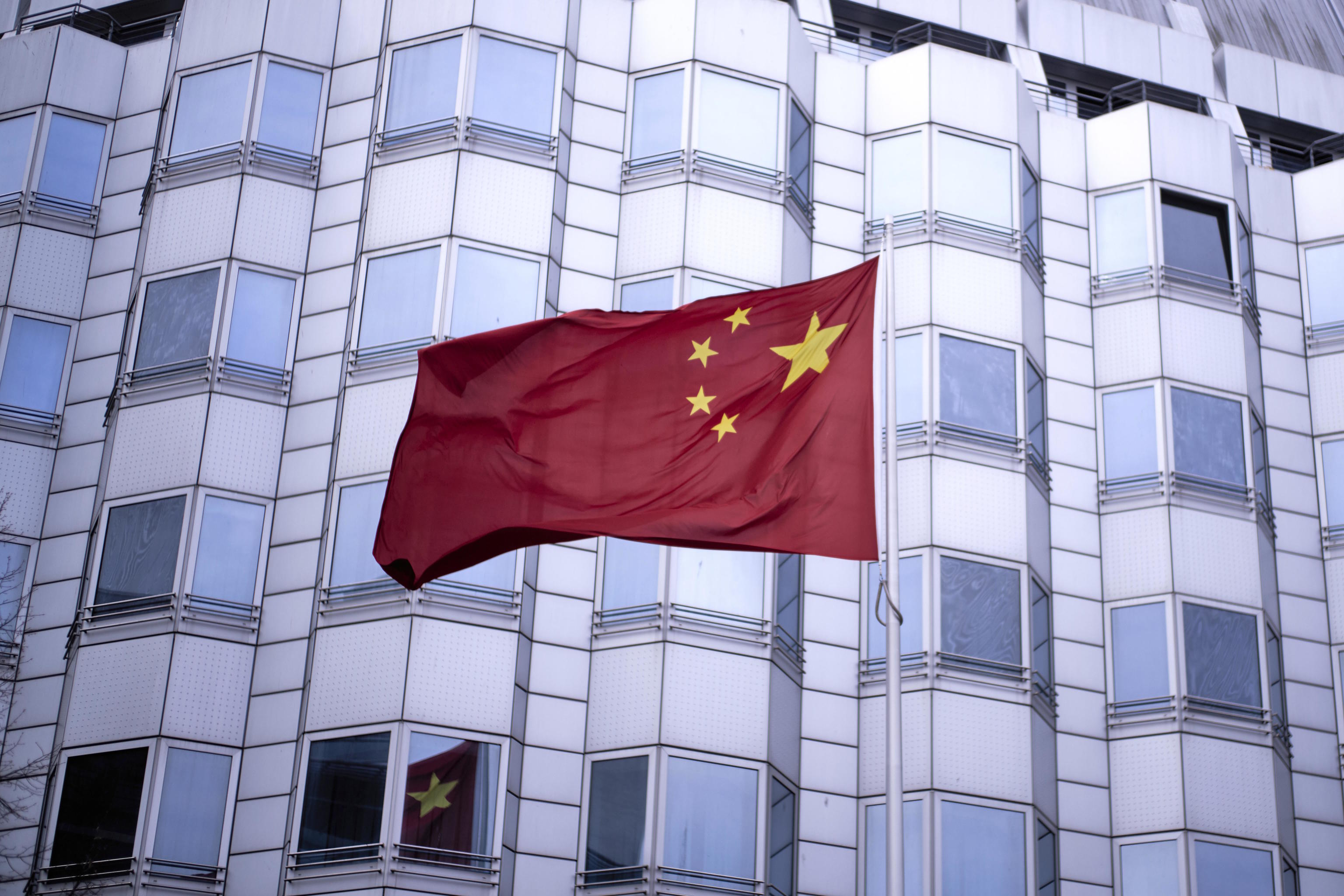Donald Trump's decision to postpone reciprocal tariffs for 90 days except for China has given a breather to global markets. While Wall Street indices surged shortly after the tariff shift on Wednesday, this Thursday the effect has been replicated in the Tokyo stock exchange and in the European opening.
The Ibex 35 has started Thursday's session with a rise of over 8%, leading the Madrid stock index to reach 12,810.8 points around 9:00 am. Milan's stock exchange experienced a similar increase, while London and Paris saw increases of over 5% at the opening.
Meanwhile, China's Ministry of Commerce spokesperson, He Yongqian, has warned about the danger posed by the new tariffs. "The United States recently announced the imposition of indiscriminate tariffs on all its trading partners, including China, which violates the legitimate rights and interests of Chinese companies and severely impacts the global economic order," he stated.
China accuses the US of "strangling" other countries following criticism of ties with Spain
China accused the United States on Thursday of trying to "strangle" other countries through "economic coercion" tactics, after US Treasury Secretary Scott Bessent criticized Spain's approach to Beijing.
"Talking about 'cutting one's throat,' it is actually the United States trying to strangle other countries using tariffs as a coercion tool to force them to yield," said Chinese Foreign Ministry spokesperson Lin Jian at a press conference in Beijing, as reported by Efe.
Von der Leyen's "satisfaction"
"Satisfaction." This is what the pause that Donald Trump decreed yesterday in the so-called reciprocal tariffs generates in Brussels. The President of the European Commission, Ursula von der Leyen, released a statement this morning stating that it is "an important step towards stabilizing the global economy" and that "clear and predictable conditions are essential for trade to function."
The head of the European Commission also emphasizes two of her classic arguments. That "tariffs are taxes that only harm companies and consumers" and that she advocates "for a zero-tariff agreement between the European Union and the United States."
Strong rebound in European stock markets
The reversal of Donald Trump's tariff policy has given investors the confidence to breathe, and Europe did not want to lag behind in the historic rebound seen yesterday on Wall Street, with gains of 9.5% for the S&P 500 and 12% for the Nasdaq, its biggest rally since 2008, according to Renta 4.
Thus, the Ibex 35 opened with a spectacular 8% rebound, a 990-point increase to rise above 12,800 points at the opening, mainly driven by an 18% increase in ArcelorMittal and significant rebounds of around 14% in Banco Santander and CaixaBank. In the early stages of the session, there were some difficulties in processing the flood of buy orders, and some companies were unable to set prices in the first few minutes. After the initial excitement, the Spanish index contained the gains to 5%.
China "does not want a trade war, but does not fear it either"
China has warned the United States that tariffs applied to its trading partners "will severely impact" global economic stability. "The United States recently announced the imposition of indiscriminate tariffs on all its trading partners, including China, which violates the legitimate rights and interests of Chinese companies and severely impacts the global economic order," stated the Ministry of Commerce spokesperson, He Yongqian.
The spokesperson reiterated that China "does not want a trade war," but "nor does it fear it" and that it "will fight to the end if the United States insists on escalating the tariff conflict."
Lin also denounced that Washington "continues to abusively impose" tariffs on Chinese products and warned that "pressure, threats, and blackmail are not the way to engage with China." "If the US wants to dialogue, it must do so with respect, equality, and mutual benefits. If it chooses to continue the path of tariffs, China is ready to resist until the end," he affirmed.
